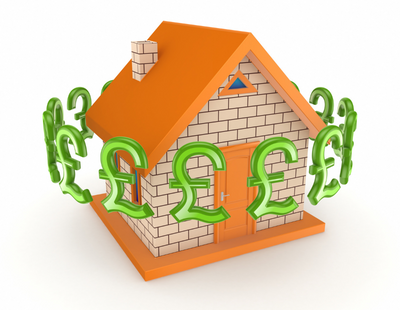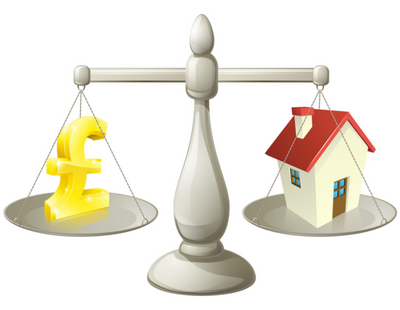Average house prices ended 2023 down 1.8%, according to Nationwide.
The lender’s December House Price Index, based on its own mortgage lending activity, showed typical values were flat on a monthly basis.
Nationwide chief economist Robert Gardner said most regions saw price drops during the year, with East Anglia the weakest after registering a 5.2% annual decline.
Yorkshire & The Humber was the best performing northern region with an annual 0.5% fall, while southern England saw a 3.4% drop.
London was the best performing southern region despite a 2.4% annual decline.
Gardner said a rebound in activity and prices appears unlikely for 2024.
He added: “While cost-of-living pressures are easing, with the rate of inflation now running below the rate of average wage growth, consumer confidence remains weak and surveyors continue to report subdued levels of new buyer enquiries.
“Moreover, while markets are projecting that the next bank rate move will be down, there are still upward risks to interest rates. Inflation is declining, but measures of domestic price pressures remain far too high.
“It appears likely that a combination of solid income growth, together with modestly lower house prices and mortgage rates, will gradually improve affordability over time, with housing market activity remaining fairly subdued in the interim. If the economy remains sluggish and mortgage rates moderate only gradually, as we expect, house prices are likely to record another small decline or remain broadly flat over the course of 2024.”
Meanwhile, residential transaction data for November from HMRC shows sales were down 22% annually and by 2% on a monthly basis.
Commenting on the figures, Iain McKenzie, chief executive of The Guild of Property Professionals, said: “The cost of living crisis endured throughout the year, forcing many first-time buyers to shelve plans of saving for a deposit. Affordability and poor competition on mortgage rates have caused the perfect storm for house prices to fall.
“The latest property sales figures show an annual decline of 22%, which suggests that some people are sitting tight for the time being.
“Sales were also down 1% month-on-month in November compared with October, but that is not unusual for this time of year, as Brits tend to avoid moving around the festive season.
“As we enter the new year, we are anticipating much of the same, at least in the first half of the year. If inflation continues to fall in 2024, interest rates will also come down eventually and more people will be able to get themselves on the property ladder.
“It is too early to tell whether this will be enough to drive house price growth next year, but a recovery for the market is certainly on the horizon.”











.jpg)




.png)


.png)



Join the conversation
Be the first to comment (please use the comment box below)
Please login to comment